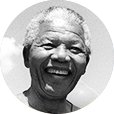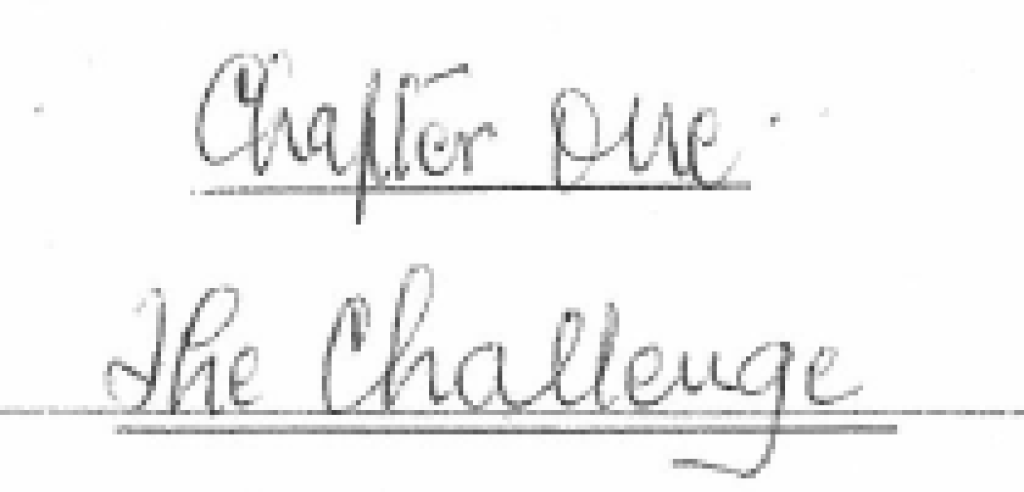Mandela’s stance towards the traditional leaders of KwaZulu-Natal – as in many other areas - was ambivalent.

My problems were in no way less with amaZulu traditional leaders. At the outset one must concede that this section of our people are intensely nationalistic, proud and brave. They are immensely inspired by the spectacular achievements of uNodumehlezi, or the black Napoleon, as the colonial historians sometimes refer to King Shaka.
In my long association with amaZulu, I found that the majority are men and women I deeply admire.
I have enormous respect for Mangosuthu Buthelezi, Minister of Home Affairs in particular, a formidable survivor, who defeated us in two free and fair general elections, firstly in April 1994 and again in June 1999. We used as ammunition against him facts which are of common knowledge, that he was a Bantustan leader, that although he refused to take independence as other Bantustans had done, he worked hand in hand with the apartheid regime, that they gave him funds to oppose sanctions and the armed struggle, that he formed the trade union Uwusa to undermine the progressive and dynamic policies of COSATU and the SACP. We even had more damaging allegations than those set out above. All these failed to tarnish his reputation, and he remains to the present day a powerful public figure that cannot be ignored.
But few will deny that there is still a hard arrogant core of influential traditionalists who think that they are superior to other African groups in the country. At a meeting with amaZulu traditional leaders in Durban, Prince Gideon Zulu accused me of having insulted amaZulu in general and their King Zwelithini in particular, when I put him on the same level as King Mayishe II of amaNdebele. I sharply criticised such an arrogant approach and bluntly told him that there were many monarchs that were highly respected in our country. amaNdebele, I pointed out, were a proud and fearless tribe that had made an important contribution in our history. I added that it was a dangerous delusion on the part of amaZulu to think there was only one black King in the country.
There is a disputed area in the Transkei which is claimed by both Thandizulu Sigcau, King of Eastern Pondoland, and by Zwelithini. The two Kings, Minister Buthelezi and myself attended a meeting in that area. I was shocked and embarrassed when Thandizulu was side-lined and told to sit behind Zwelithini and Buthelezi. In spite of my enormous respect for Zwelithini I could not keep quiet.
I intervened and made sure that Thandizulu sat next to Zwelithini in the front seats.
Attitudes in the ANC, too, were complex as Mandela experienced when visiting Natal shortly after his release. At the first rally, his call on ANC people involved in conflict to throw their weapons into the sea fell on stony ground and sections of the crowd of ANC supporters booed him. He met hostility again a few weeks later when he spoke of meeting Buthelezi in an effort to bring peace:
The National Executive of the ANC had no objection to me talking to Buthelezi. What happened was that in March 1990 I went to Pietermaritzburg and I was received enthusiastically. It was difficult, because there was no proper marshalling and people just crowded around. And they were very enthusiastic. When in the course of my speech I said, ‘Mr De Klerk and Mr Buthelezi and I will have to go to the trouble areas and appeal to people for peace,’ it was then that people wanted to choke me. The same people who had showed me the love. Once I mentioned the name of Buthelezi, they wouldn’t have that. And they said, ‘you are not going to speak to a man whose organisation has been murdering our people’
Buthelezi was a member of the Youth League. .... When the time came for him to take over chieftaincy he consulted us whether he should take the position, because he was already involved in the struggle. We advised him to take the position, and we kept close and he fought the bantustan policy very well and got the King of the Zulus, the father of the present King to put up one of the most militant opposition to the bantustan system and we kept consulting and exchanging views and he did remarkably well. So much so that KwaZulu only accepted bantustan [status] when almost all the chiefs throughout the country had done so. ...
Whilst I was in prison he wrote to me, conveyed his sentiments and sentiments of the King and kept me informed of what was happening outside. ... In spite of our differences, which I regret very much, I still have that respect [for him] as a man who kept me informed about developments and who sent me his good wishes when I was in jail and who refused to negotiate with the government until I and other political prisoners had been released. So he took a remarkable stand and one of the things I regret is the fact that he should now spend his time attacking the ANC ...
